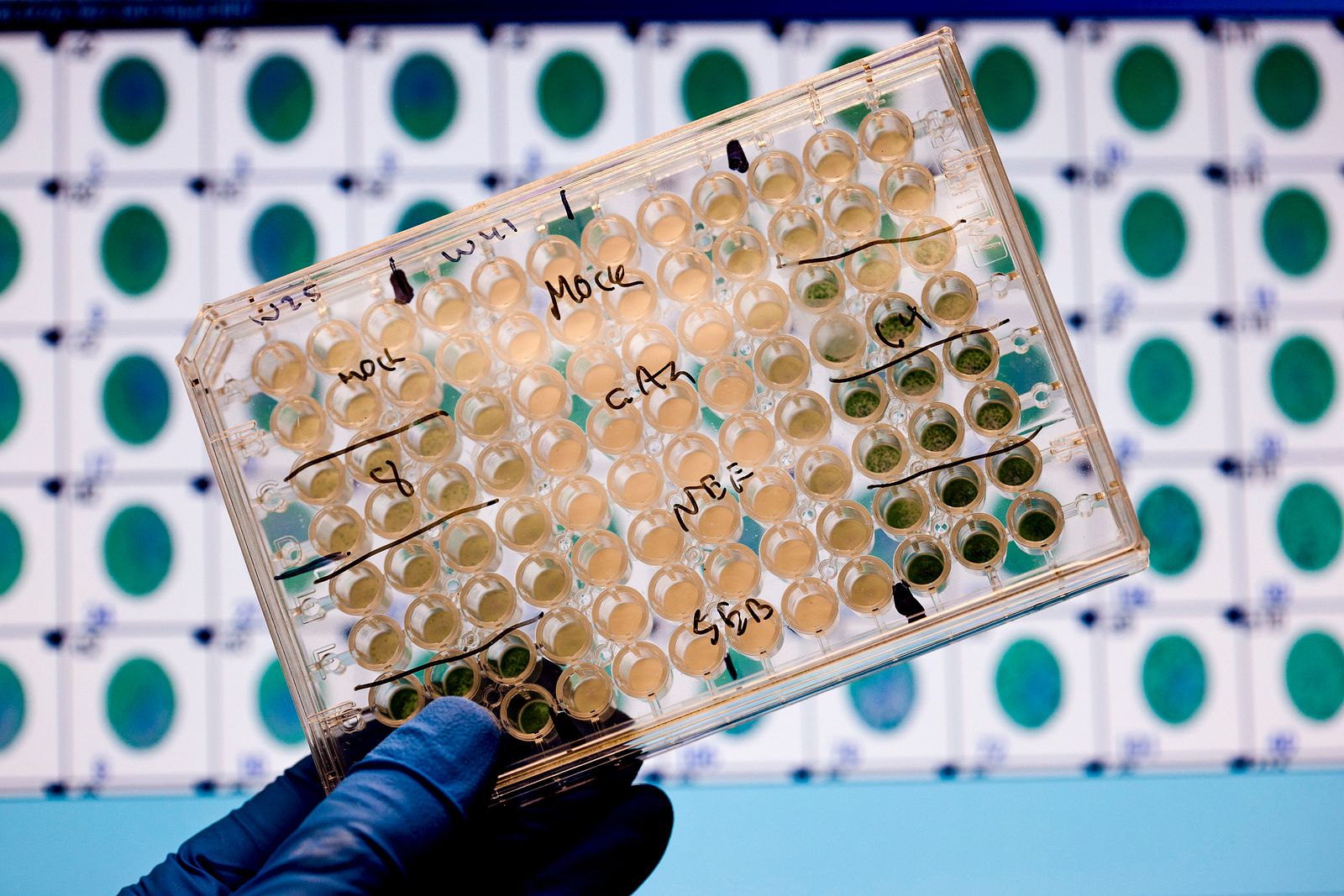It's doesn't take long to notice that drinking is a big deal in Vietnam.
Drive past pubs around town, and you'll hear plenty of shouts of “1,2,3, dô!” at almost any hour of the day. However, increased consumption of alcoholic beverages is severely affecting health in Vietnam.
In a report cited by VietnamNet, the World Health Organization (WHO) estimates that Vietnamese consume more alcohol than most other countries in the region. As previously reported by Nikkei Asian Review, the average Vietnamese adult consumed 6.6 liters of alcohol in 2015. According to the WHO, this number has now reached 8.3 liters, equal to that of Thailand, but much higher than Mongolia, China, Cambodia, the Philippines and Singapore.
VietnamNet adds that 79,000 people died of alcohol consumption in 2016, while hundreds of thousands have been hospitalized due to alcohol-related illnesses in recent years. The WHO believes that uncontrolled consumption of beer and wine is a major factor in many fatal non-communicable diseases. It also greatly contributes to road accidents, traffic congestion, violence and other injuries.
According to the news source, excessive wine and beer consumption poses serious economic and social consequences for the country. It is estimated that it causes damage worth of 1.3-3.3% of the country's GDP. The WHO's Chief Representative in Vietnam, Dr. Kidong Park explained that hazardous consumption of alcoholic drinks also diverts valuable resources needed to meet urgent healthcare and development needs in Vietnam.
In order to combat this problem, on July 18 a meeting was held between the Ministry of Health and the Consultative Group for Health, a branch of the WHO, to discuss a draft law on limiting beer and wine consumption.
One of the solutions recommended by the WHO is to raise the market price of beer and wine. Statistics show that higher beer and wine prices will discourage adults and teenagers from buying alcohol, therefore reducing the number of deaths caused by these products.
The organization suggested that it is also important to make the purchase of wine and beer more difficult, limiting sales to specific days and times. Other strategies include regulating the density of stores which sell alcohol through strict licensing processes and limits on the age at which customers are permitted to buy and drink alcohol.
WHO experts also added that advertisements for alcohol can seriously affect the attitude of teenagers towards buying wine and beer. Therefore, if prohibitions and limitations are effectively applied to such ads, alcohol-related consequences could decrease.
In response to this ongoing health problem, the Ministry of Health has approved the draft law on beer and wine sales. The law covers a wide range of policies, ranging from harm reduction measures and consumption reduction to control of alcoholic supply, according to the news source. The ministry has also proposed a ban on alcohol advertisements, in addition to establishing regulations on days and times when alcoholic beverages can be sold.














